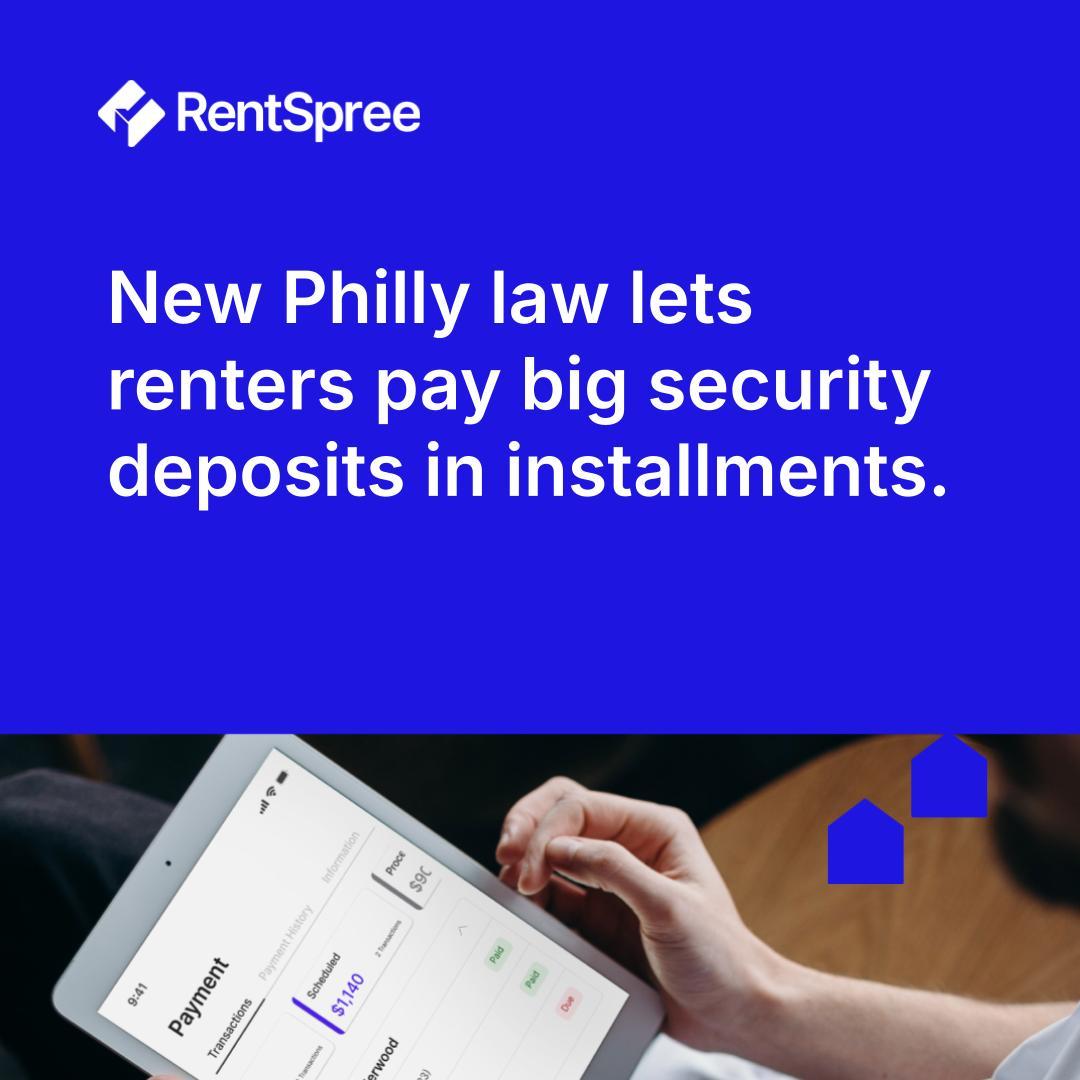Before you rent a property to a potential tenant, you need to ensure that they can afford the rent -- and that their income source is consistent. This guide will help you learn how to verify tenant employment as well as what to do if your tenant has an alternative source of income, like retirement income from a pension or self-employed income from a small business or freelance gig.
On the list of stresses of being a landlord or agent, payment problems are right up there, and how to verify tenant employment is a key question. Whether you are fielding late payments, partial payment queries, or even complete non-payments, it’s a headache you can do without. If you can verify a tenant's income reliably in advance from their rental application, then it can save financial strain and ensure that your prospective tenants can meet their rent reliably.
The potential ramifications of having tenants with financial problems who aren't able to pay their rent is of huge concern, mainly because it can cost a landlord upwards of $3,500. It’s not just non-payment of rent, which is a problem if your tenant is persistently late paying what they owe, resolving the issue cost you time to resolve. If you are relying on your rent being paid promptly to service other financial obligations, then the process is also stressful.According to research commissioned by TransUnion, 73% of the property managers interviewed didn’t realize that their tenants had been fraudulent on their rental application until after that tenant moved into their property. In truth, it is always worthwhile spending the time and effort to properly screen your tenants to verify whether your applicant's income is enough to cover their rent and secure enough to future-proof.
Can My Tenant Afford the Rental?
You need to determine the minimum level of income that your prospective renter needs to earn to cover the rent every month. The real estate industry standard is a ratio of 3:1 gross salary to rent; therefore, if the rent on your house is $2000 per month, then the applicant must earn a minimum of $6000 per month.It’s vital to understand your local market when renting out your property, in most areas the 3:1 ratio is absolutely fine, but in some areas, that isn’t the case. In some urban centers such as New York City, renters expect to pay around two-thirds of their income on their accommodation. You need to focus your research on what the appropriate ratio is in your area before you move on to verify tenant's income.
Verifying Income of Employed Applicants
If the person putting in a rental application is employed, then there are several ways to verify tenant employment. You can request paperwork from the applicant such as:
- A pay stub—best practice is to check dated pay stubs for the last three months
- A W2 tax form—this will show the applicant’s income for the previous tax year
- An employment reference—this is by far the most useful method to gain a clear idea of what the applicant earns and how secure their employment is. You should always telephone the renter’s place of work to verify other information that they give you.
- Check screening reports—screening reports often include an employment search to cross-reference with an employer listed on the rental application.
Verifying Income for Self-Employed Applicants
It can be more of a challenge to verify the income of self-employed individuals, but it is possible with just a little research. For example, check bank statements - if you are able to see the last three months' worth of the applicant’s bank statements, you will be able to verify their income history.
Verifying Income for Retired Applicants
There is a possibility that your prospective tenants will be retirees, so you need a foolproof way of verifying the income of renters who don't have a job. Income not related to a job can be a challenge to verify, but there are ways around it.
- Bank statements—again, this is an excellent way to verify the amount of money coming into a tenant’s account, but some people may not be comfortable providing such personal financial information on a rental application, as bank statements which also show a history of personal purchases.
- SSID statements—this shows regular income from the government.
- An annuity statement—if your prospective tenant gets their income from annuities rather than employment, then you will be able to check the monthly income with this statement.
- An IRA/401(k) or pension distribution statement—you can ask to see copies of these statements to get a clear idea of the income of retirees.
- An unemployment statement—this will let you know how much the individual receives from the government.
Avoiding Payment Problems
Ensuring that your applicants can pay their rent on time is critical in making renting out your property a smooth process.On their initial rental application, potential renters are required to list their income and employment information, and it is your responsibility to thoroughly check this information and ensure that they can support the cost of rent. If your applicant cannot supply you with proof of income and an employment reference, then this should prompt you to consider ruling them out as a good candidate for you to entrust your property to.Using an online service can make the financial aspect of the rental arrangements stress-free. Services such as RentSpree can help you comprehensively screen your prospective tenants and have their credit history at your fingertips for another layer of safety.
Conclusion
Completing a thorough screening check is a critical step in ensuring that your rental experience is positive and that the rent is delivered on time every month without any hassles.How to verify tenant employment is a key issue in screening your prospective tenant and their rental application. With RentSpree’s industry-leading tenant screening reports, you can be sure that you have all the information that you need to allow you to cross-reference their credit check with the income history. Fraud is common on rental applications and is costly to rectify once an applicant is in your property. You need to thoroughly investigate all the information you get on the tenant’s employment, as taking shortcuts could cost a lot of money and stress.
Screen and lease with confidence
Find qualified tenants faster than ever with results you can trust.


Related posts
Want to make rentals easier to manage?
Save time on marketing, screening, and payments. Join over 2 million agents, landlords, and renters using RentSpree.



.jpg)


